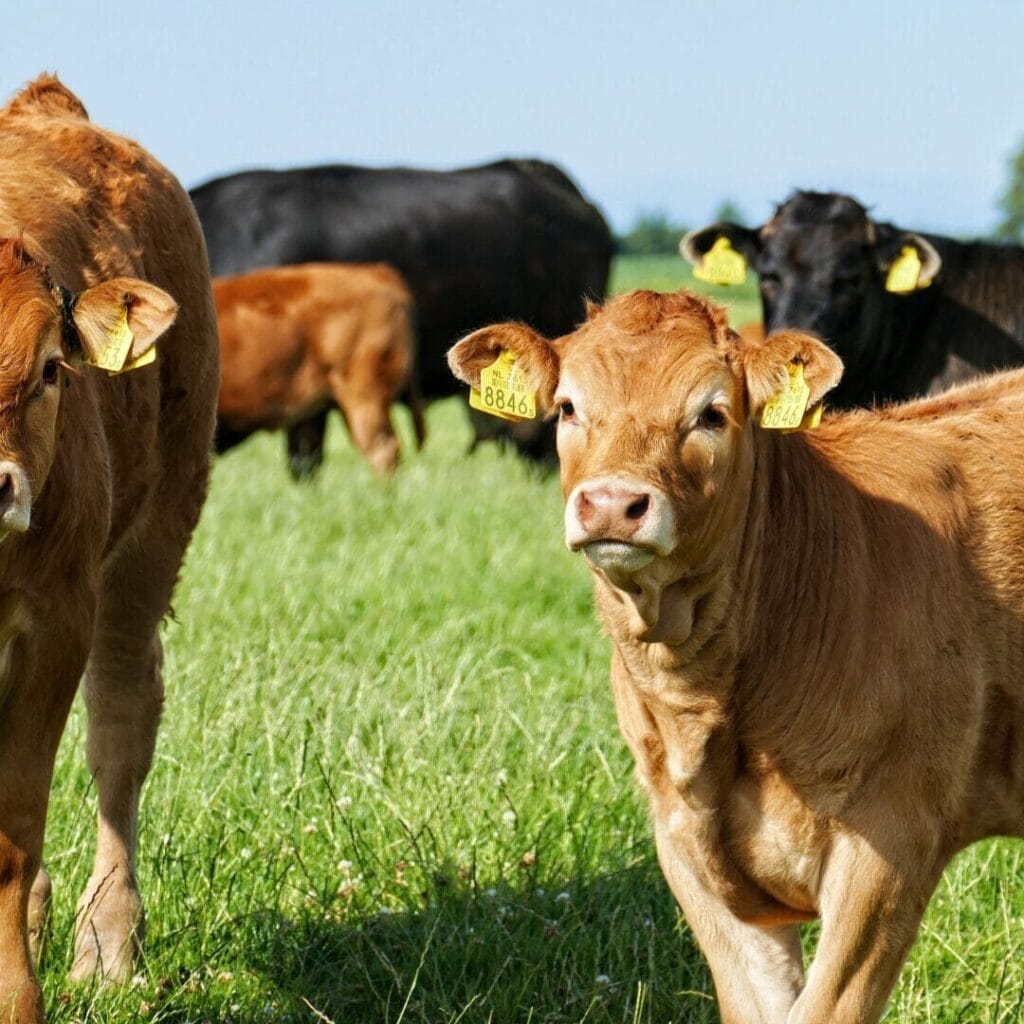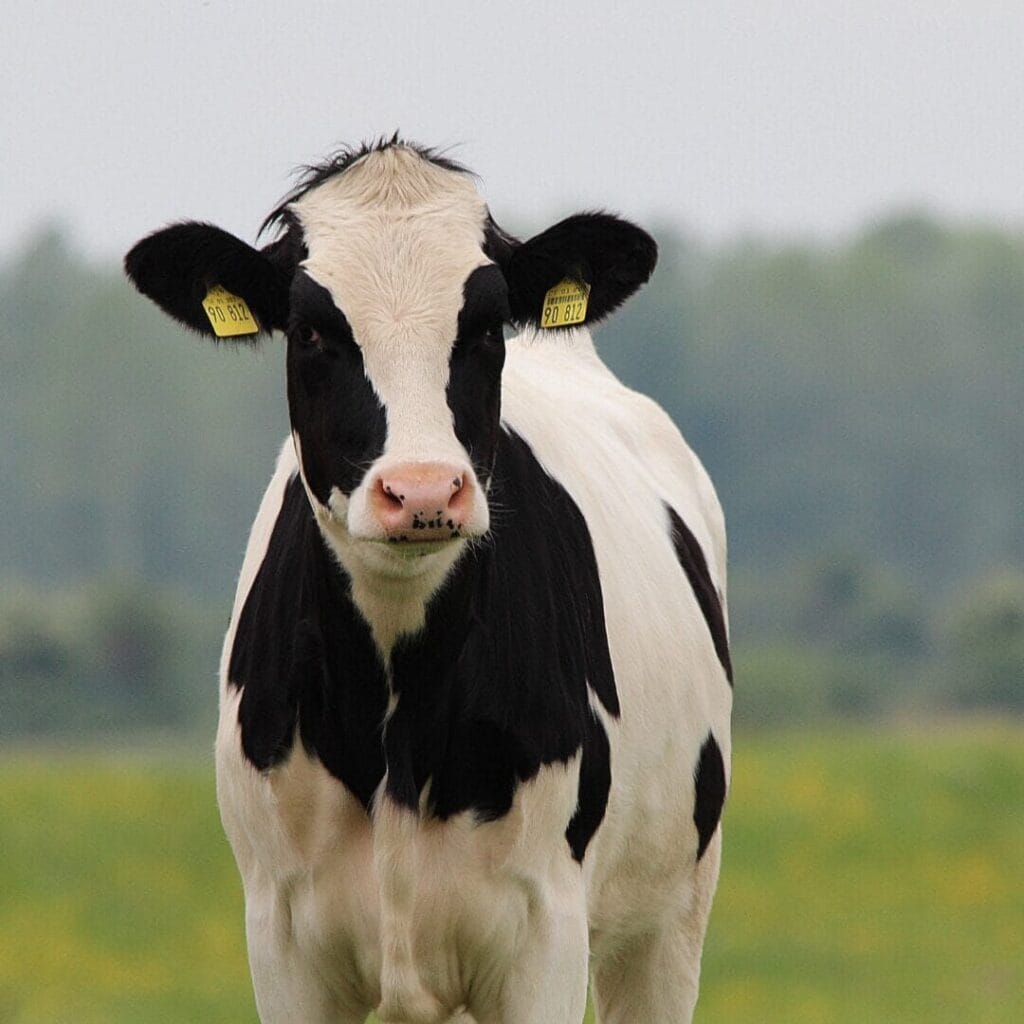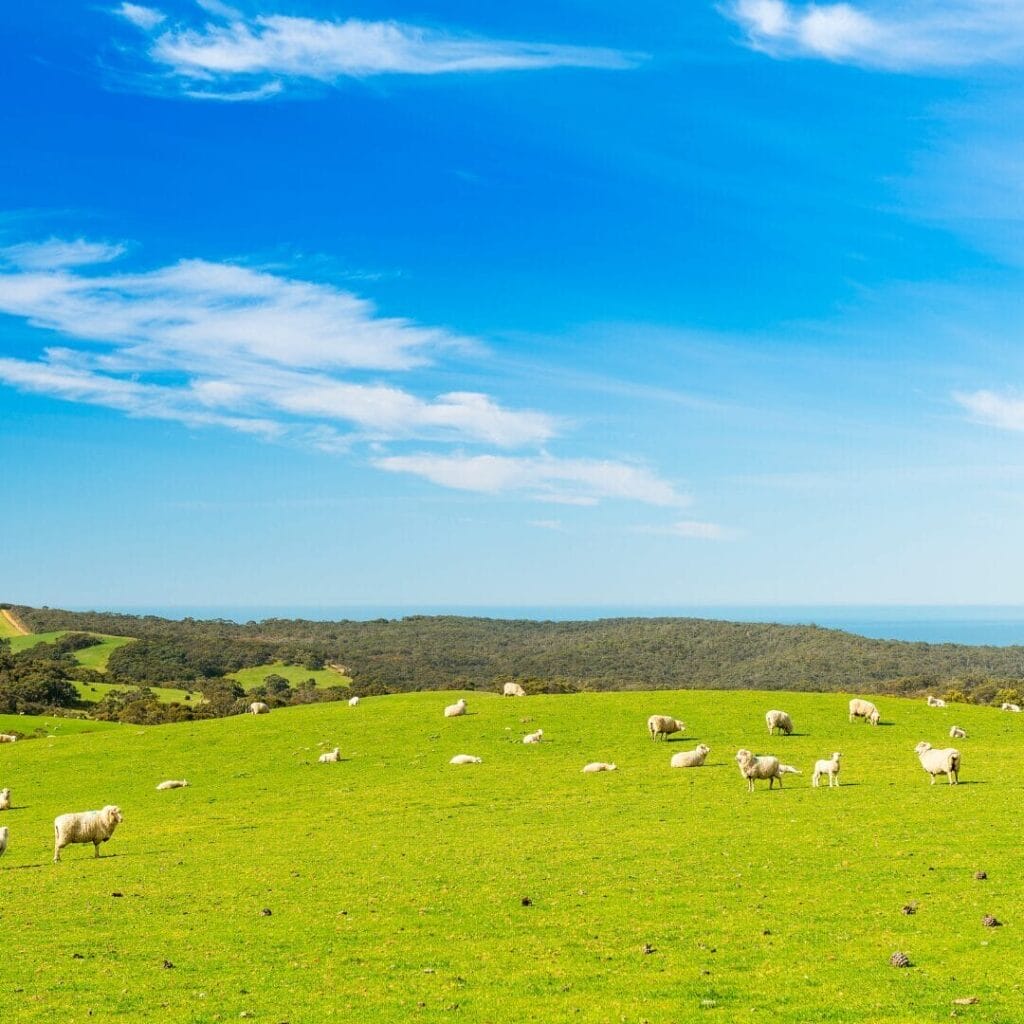Key information
The Irish Cattle Breeding Federation (ICBF) collaborates with AbacusBio and ABP Food Group to reduce greenhouse gas (GHG) emissions in Ireland’s beef and dairy industry. This project focuses on understanding and mitigating methane emissions, a significant environmental challenge, from ruminant livestock.
Key Challenges
Agriculture is responsible for 85% of methane emissions in Ireland, primarily from ruminant animals. Addressing this issue involves:
- Analyzing methane emissions from beef and dairy cattle
- Comparing emissions from progeny of different bulls
- Developing strategies to reduce GHG emissions per kg of carcass weight
Project Goals
- Understand variation in enteric emissions in beef cattle
- Calculate individual animal methane emissions
- Integrate GHG data into the ICBF database for national inventory and auditing



Project Activities
The Gene Ireland progeny test, involving 2000 beef cows and heifers and 1300 dairy cows annually, provided extensive data for this project. AbacusBio used three years of data from these tests and ABP test farms, including growth, feed intake, and carcass quality metrics. They modeled individual animal growth profiles to estimate daily energy requirements and methane emissions. AbacusBio modeled individual animal growth profiles to estimate daily energy requirements and methane emissions.
Significant Achievements
- First step towards a national inventory system for GHG emissions
- Integration of GHG calculations into the ICBF database
- Analysis of emissions based on animal growth, energy profiles, and carcass weight breeding values
Partnerships and Support
The collaboration involves ICBF, AbacusBio and the ABP Food Group, who are key players in the Irish dairy and beef industry. This partnership supports economic, animal welfare and environmental goals, with a focus on science and technology to enhance livestock value and profit.
Impactful results
- Improved animal management to shorten finishing times
- Increased rates of genetic gain
- Significant reduction in GHG emissions per kilogram of carcass weight
Key Outcomes for Users
- Enhanced understanding of methane emissions in cattle
- Data-driven strategies for reducing GHG emissions
- Improved sustainability in beef and dairy production
- National inventory system for ongoing GHG monitoring and reduction
This project represents a significant step towards a more sustainable and environmentally friendly beef and dairy industry in Ireland by integrating GHG data into the ICBF database and employing targeted genetic and management strategies.

